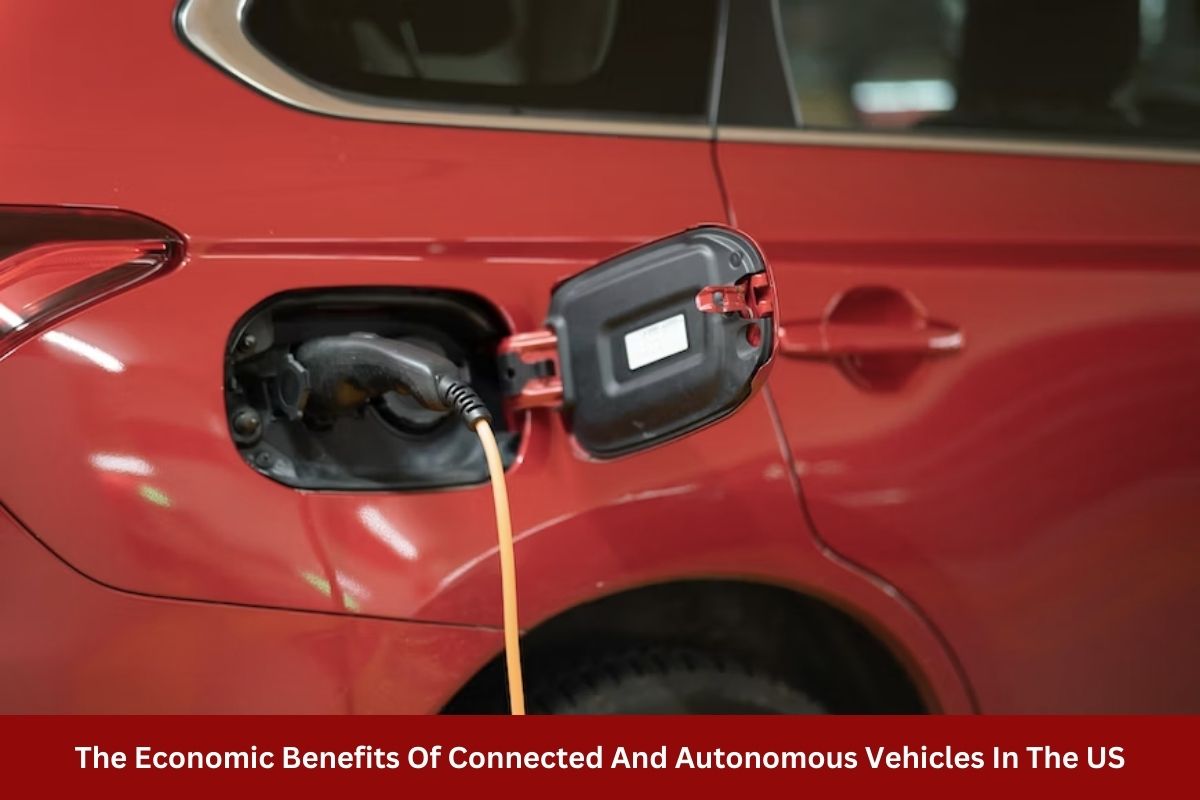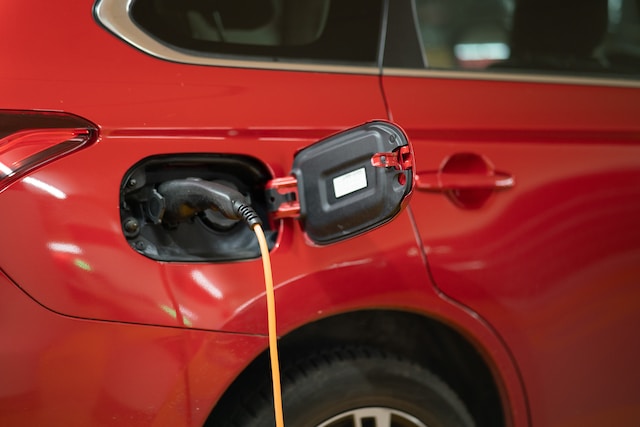The integration of connected and autonomous vehicle technology (CAV) is progressively emerging as an indispensable element of the US economy.
With their adoption offering a plethora of benefits ranging from reduced carbon emissions to increased transportation efficiency, the ongoing development of CAV technology in the US has presented a promising future as the country’s next-generation transportation solution, which is expected to capture a bull market share.
In 2022, market research and consulting company Renub Research published a report stating that the autonomous vehicles market in the United States is projected to grow significantly by 2030. The industry was estimated to be worth a staggering $186 billion, a significant increase from its valuation of $4 billion in 2021.
Moreover, the US autonomous car market is substantial in level 3 and 4 automation (semi-automation and high-automation) cars and highly consolidated by government partnerships, tech companies, and automakers.
Google, Apple, General Motors, and Ford are leading technology providers and automakers in the US autonomous market. Google’s Waymo technology, for instance, is a level 4 automating driverless car that operates without human intervention in specific geographic areas and predefined conditions. Waymo has successfully deployed its self-driving vehicles in several locations, including Phoenix and Arizona, where it operates a commercial ride-hailing service with no safety drivers behind the wheel.
However, few years to come, the massive roll-out of various private and commercial self-driving passenger vehicles would not only spark up the mobility landscape in the US but also impact the economy as follows:
Increased Economic Activity and Productivity
Autonomous vehicles unleash new development. As the driverless car is poised for growth, advanced technologies and skilled labor also heighten. Mass production of development-supporting infrastructure, such as charging stations and maintenance facilities; innovation opportunities; and development of new products and services would also fully get in gear.
According to the National Highway Traffic Safety Administration’s report in 2019, car accidents in the US resulted in an economic loss of approximately $340 billion – an average of $1,010 for every individual among the 336 million population in the United States.
However, the full integration of CAV technology would have led to substantial savings of this considerable amount. Also, the economic calendar of the country would hold significant importance in monitoring events associated with the growth and incorporation of autonomous vehicles, which would allow investors to monitor further developments. The calendar shows events and updates on a global scale. It allows users to filter the updates by country or level of importance due to its simple layout.
Source: Unsplash
Job creation and growth opportunities
Contrary to popular belief, autonomous vehicles are here to create employment. With the surge in investments towards cutting-edge technology, the booming market of Connected Autonomous Vehicles (CAVs) is expected to bring about job replacements and potential employment prospects.
According to a report by the Society of Automotive Engineers (SAE), the autonomous vehicle industry could create up to 10 million jobs in the United States by 2030. The report found that the majority of these jobs would be in the manufacturing, sales, and service sectors
Reduced reliance on fossil fuels
The US government plans to eliminate carbon emissions from the electricity grid by 2035. With connected and autonomous vehicle technology, there would be a reduction in demand for gasoline or diesel. Simultaneously, this cuts down the amount of greenhouse gas emissions.
Moreover, autonomous vehicles are powered by sustainable energy sources such as wind or solar. This makes them more environmentally friendly and increases energy security by reducing the country’s reliance on imported oil. Thus, this lead to cost savings.
What’s More?
A nation’s strength stems from the presence of a robust economy. Connected and autonomous vehicle technology is pivotal in augmenting economic growth, creating employment opportunities, and promoting a zero-emission environment through lower reliance on fossil fuels.
With the right policies and investments, the US government is set to reap the rewards of a more efficient and productive transportation system in the coming years.

